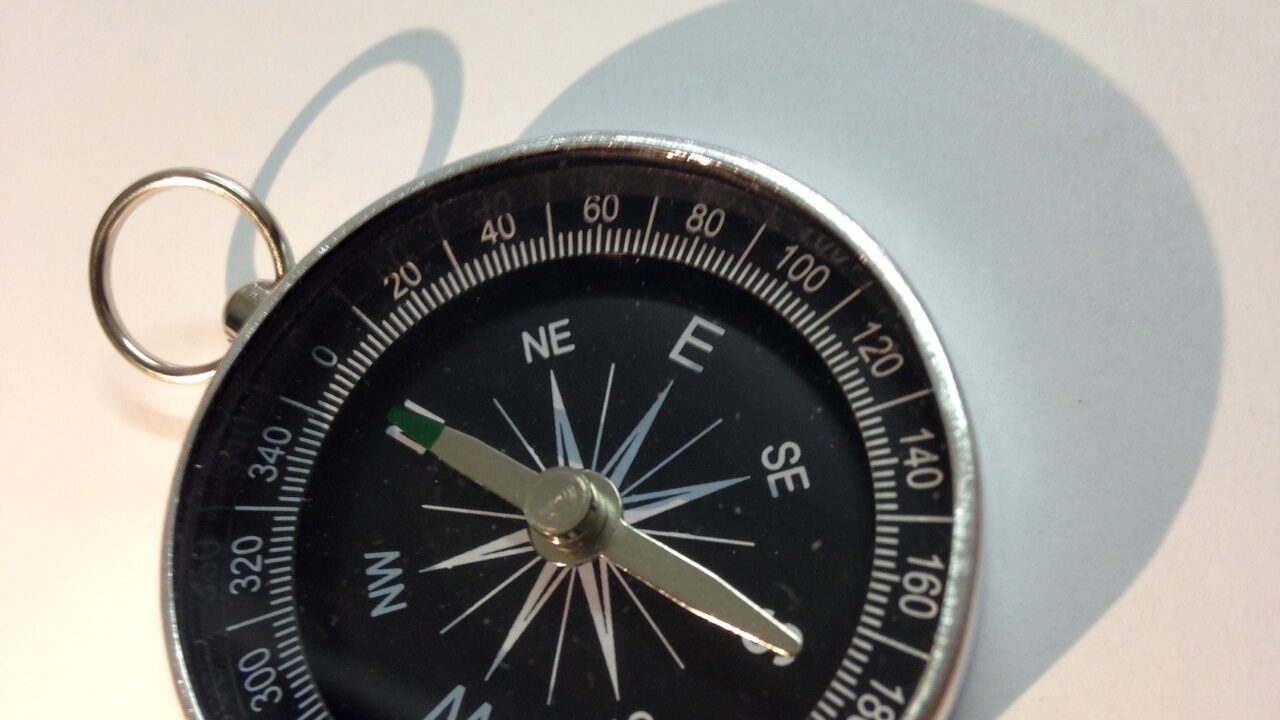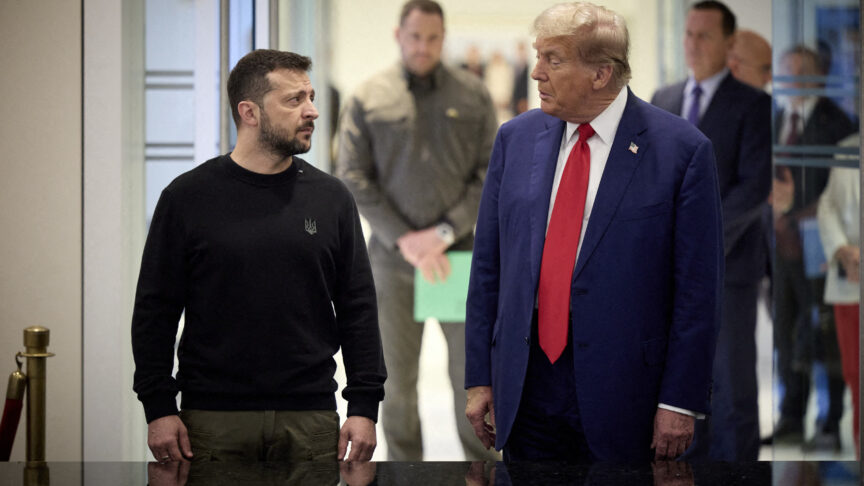Why Europe needs a Strategic GPS
In addition to a Strategic Compass that sets its direction of travel, the EU also needs a ‘GPS’ to help it determine its location and speed
With the advent of its Global Strategy in 2016, the European Union made clear its level of ambition to be an autonomous strategic actor with global influence. The EU set out its strategic objectives for responding to the new challenges apparent in a world of “predictable unpredictability”. Since that time, the EU has embarked on numerous initiatives to develop its defence capabilities and strengthen Europe’s defence technological and industrial base.
Nevertheless, the Global Strategy still has deficiencies and faces several challenges.
Some of these deficiencies relate to member states’ lack of a common assessment or perceptions of the threats and risks outlined in the strategy – which was developed by the European External Action Service and the EU’s high representative for foreign and security policy. The strategy’s risk evaluation should not be a simple aggregation of the threats to each member state. Furthermore, if the document had adopted a common definition of “security threats”, the union and its member states could have used their capabilities more effectively in response to their strategic and operational needs.
The Global Strategy’s lack of a specific focus on weapons of mass destruction is also a deficiency, given the increasing strategic imbalances in the area and the deterioration of the international arms control order. Similarly, the document does not fully discuss the need for: more comprehensive crisis management, less time-consuming and more flexible decision-making, prevention capability, and proactive management of ‘black swan events’ (those that are impossible to predict based on experience).
The new Strategic Compass initiative – which aims to improve the Global Strategy, and which could address all these deficiencies – is a step in the right direction. The fifth anniversary of the Global Strategy could mark the beginning of a new effort to rethink the EU’s position on the challenges it faces.
If the EU wants to act on the global stage, it will need a shared approach. This requires European leaders to define their national viewpoints in terms of contributions to collective defence.
The Strategic Compass is bookended by the German and French presidencies of the Council of the EU, in 2020 and 2022 respectively. To turn the Global Strategy into a key asset during this symbolically important period, the EU should harness the power of Europe’s collective intelligence and knowledge. This effort calls for a strategic vision that assesses risks and threats through the prism of common priorities, not narrow national ones.
The Strategic Compass initiative has undeniable advantages, including its capacity to draw on strategists’ expertise and to push European leaders towards greater unity in addressing complex security threats and challenges – partly by pooling their resources and developing complementary defence capabilities. However, the EU should heed Heraclitus’s famous statement that the only constant thing is change: given the rapid shifts in the international political and security environment, it is unclear how quickly the Strategic Compass can create a new strategic document and implement its recommendations. To adapt to this instability, the EU needs to have answers to multiple strategic and tactical questions at the same time.
Therefore, in addition to a Strategic Compass that sets its direction of travel, the EU also needs a ‘GPS’ to help it determine its location and speed. This would allow the union to measure both its progress towards its goals and the time it needed to implement its strategic and tactical decisions.
This effort calls for a strategic vision that assesses risks and threats through the prism of common priorities, not narrow national ones
The EU should also ensure that the Strategic Compass involves preparation for black swan events. Such preparation is important because it could shift the focus from documents to action while increasing the flexibility of the process.
A strategic GPS would help the EU strengthen its role as a global actor – to learn what the high representative, Josep Borrell, calls “the language of power” – and engage in effective multilateralism. The union needs not only to know its direction of travel but to consider its speed and timing, and to find alternative routes when needed.
Monika Panayotova, PhD is an ECFR Council Member and former Deputy Minister of the Bulgarian Presidency of the Council of the EU in 2018, responsible for the relations with the European Parliament.
The European Council on Foreign Relations does not take collective positions. ECFR publications only represent the views of their individual authors.



